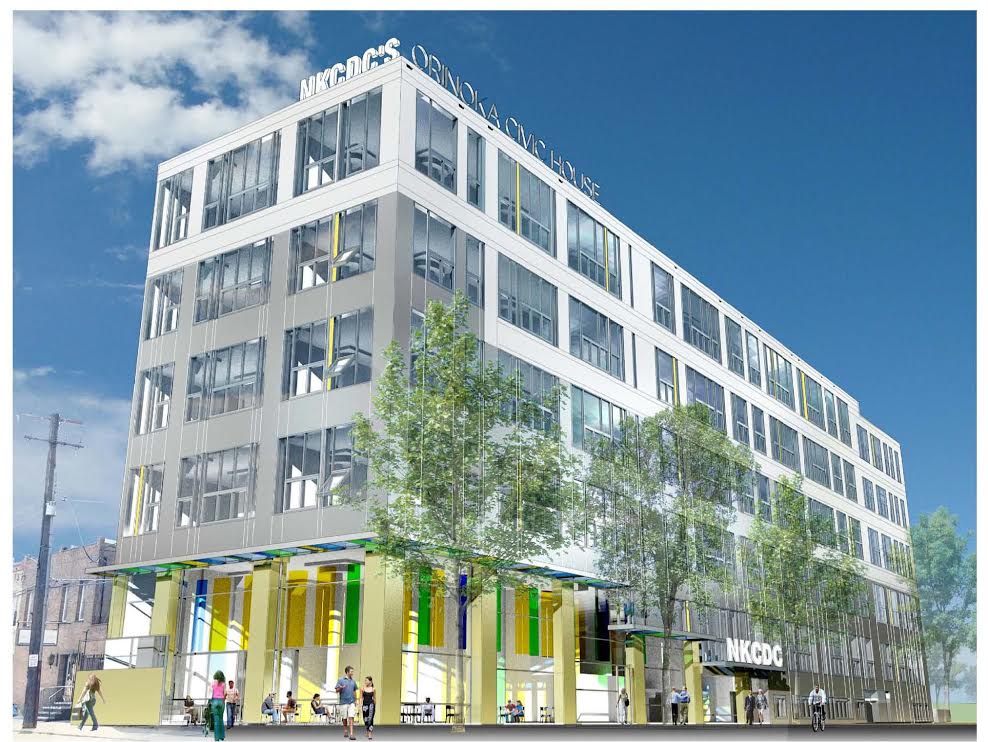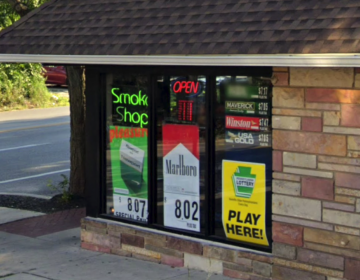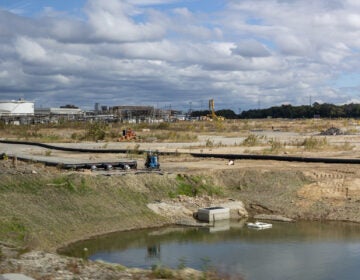March 11: Judge blocks school building sales | 20-year abatement reax | Two Kensingtons

A Court of Common Pleas judge blocked the sale of Walter G. Smith elementary in Point Breeze, along with four other SDP buildings, to Maryland-based Concordia Group, reports Wilford Shamlin III. The School District is appealing the ruling, the Inquirer reports. The other schools include Vare elementary in Pennsport, Germantown High School and Fulton Elementary in Germantown, and Charles Carroll High School in Port Richmond. Read Jared Brey’s report for more details on Concordia’s plans.
In response to Councilman Allan Domb’s proposal for a 20-year abatement for certain properties, Christopher Sawyer makes the case for streamlined property assessments as a less politically-fraught alternative. “Streamlining property assessments is when you wait until a deed changes hands to do a spot re-assessment of a property. This becomes a defacto tax abatement for every homeowner so long as they stay put. If they move to a different house, your new house gets reassessed after the sale closes.
The last time Tom Wolf and legislative Republicans met to negotiate the year-old budget stalemate was back in December, reports Mary Wilson. Wolf’s release of emergency funds for schools and some other affected parties in December appears to have sapped all the urgency to reach a deal, as lawmakers look to negotiations over Wolf’s second budget this spring to reach a deal on both. Five major Philly development projects are stalled until the dispute is resolved.
Lehigh Avenue is a bright line of a border between a rapidly gentrifying South Kensington to the south and violent heroin markets to the north, writes Max Marin at AL DIA. Marin points to NKCDC’s Orinoka Mills Civic House as a project that could begin to shift the boundary. “Some observers view the Orinoka Civic House project as a testing ground. For more investment to cross the Lehigh Avenue border, perceptions of the neighborhood must change. It’s a matter of investor confidence. But even the Orinoka project wasn’t an easy sell.”
This article on machine politics and economic development in Camden from Alex Law (a Congressional candidate) is a bit overwrought in tone, but still interesting for its recap of recent economic development initiatives in Camden and their connection to power broker George Norcross. One section worth pulling out is Law’s claim that the state’s Economic Opportunity Act has boosted Camden land values. That would explain Liberty Property Trust’s plans for a $1 billion waterfront campus. “One of the more pernicious effects of the EOA has been to cause a dramatic rise in land prices in Camden. Since the State gave exorbitant sums of money to corporations to develop the city, a vacant lot in Camden that might have been worth $20,000 five years ago is now worth millions.”
WHYY is your source for fact-based, in-depth journalism and information. As a nonprofit organization, we rely on financial support from readers like you. Please give today.






